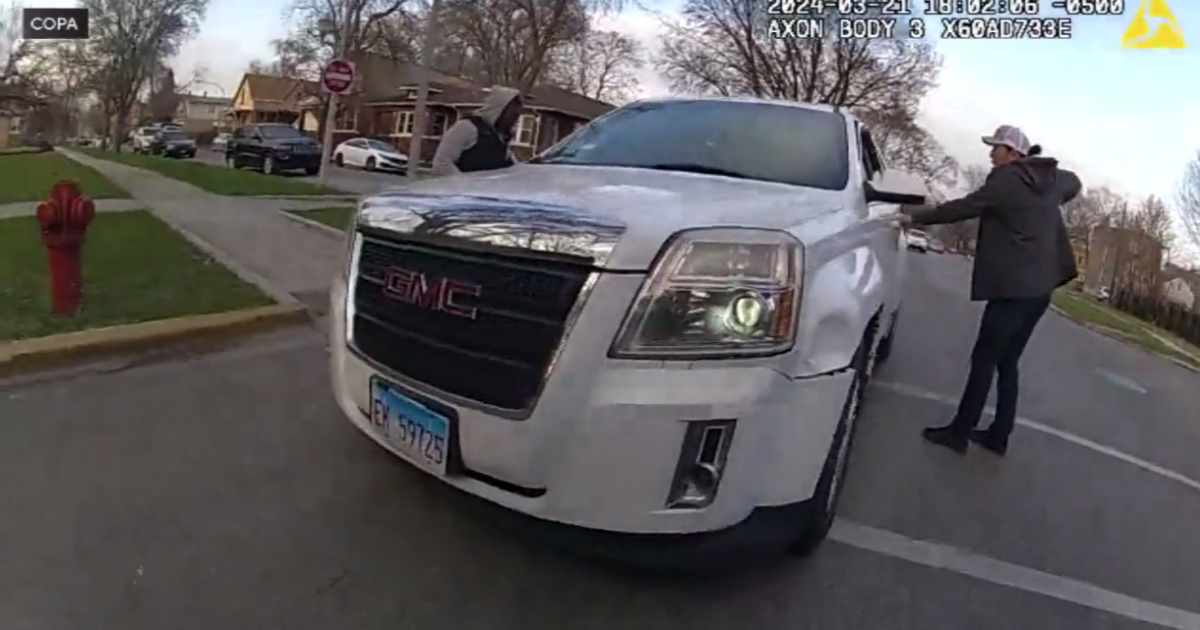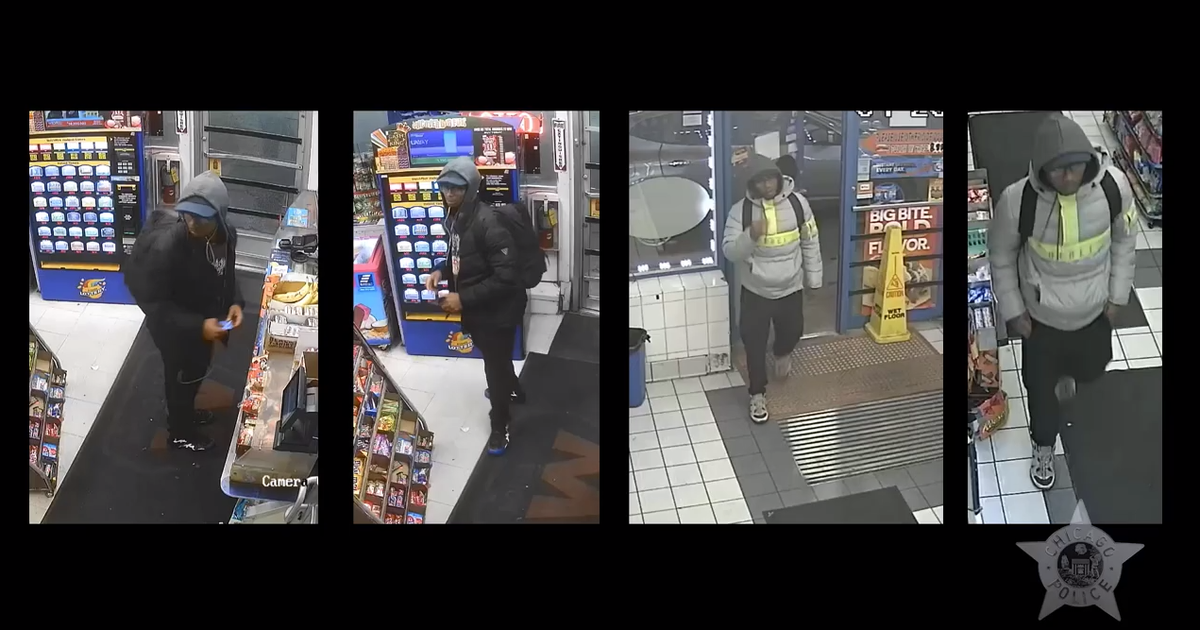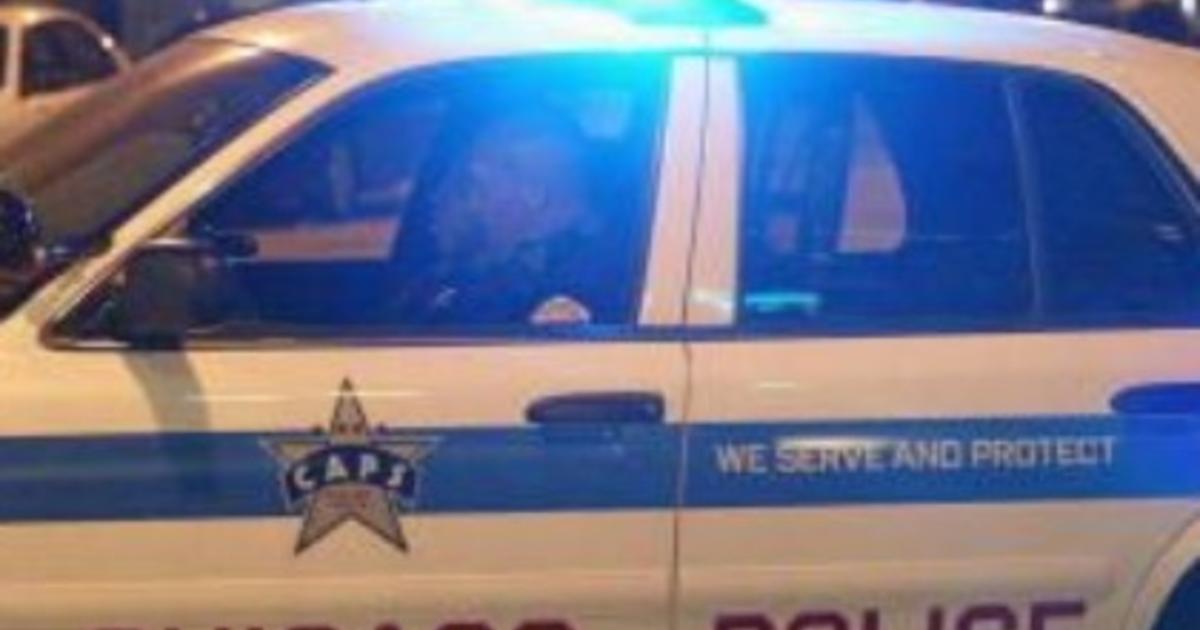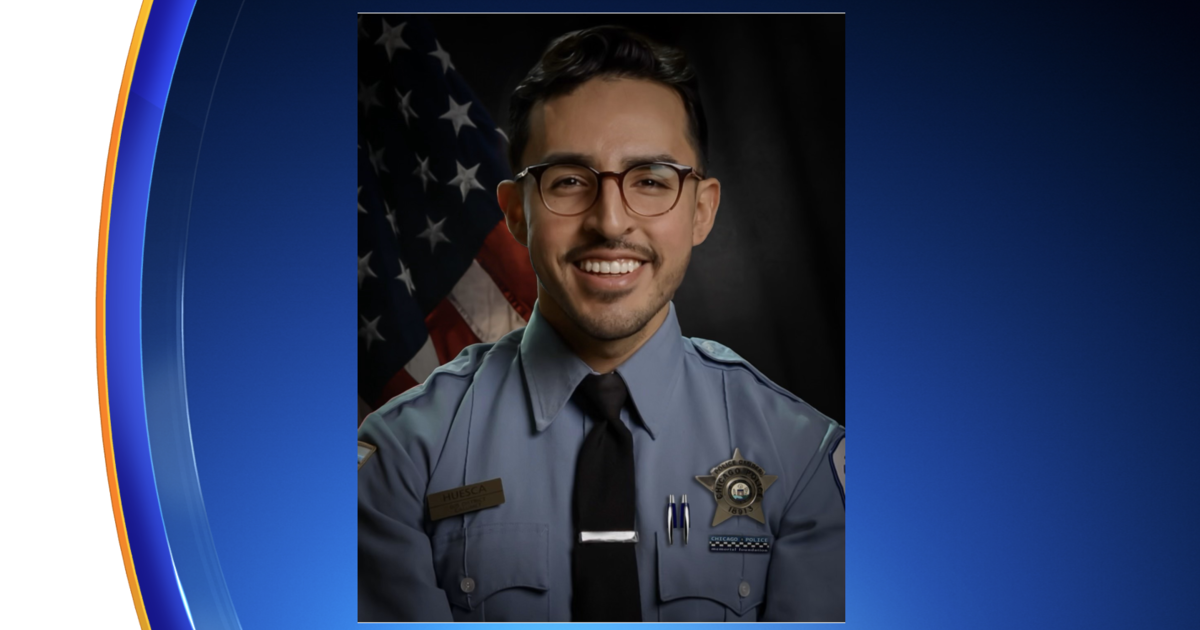McCarthy Admits Slow Learning Curve - At First - On Changing Gang Structure
CHICAGO (CBS) -- Police Supt. Garry McCarthy was cautious Friday in his reaction to Mayor Rahm Emanuel's assessment that the Police Department was slow to react to changes in gang structures as street gangs became more fractured and violent crime spiked.
McCarthy acknowledged it took several months after he took over the Police Department in 2011 to see how splintered street gangs had become, after many top gang members had been arrested and imprisoned, leaving gangs with little or no structured leadership.
While speaking during a session at the Brookings Institution on Thursday, the mayor said the city has made progress in reducing crime, but said as shootings and violent crime spiked in 2012, the department was slow to react to the changing gang structure.
McCarthy said he hasn't spoken to the mayor about his comments, but said "What I suspect is that he's referring to the historical perspective of what has happened here in the city of Chicago."
McCarthy Discusses Changing Gang Structure In Chicago
"When we walked through the door here in May of 2011, I didn't have all the answers for all the problems that we had, and quite frankly it was very easy to see that, while we had one of the most significant gang problems in the country, we did not have a comprehensive gang violence reduction strategy," he said.
The superintendent said the fragmenting of street gangs continues to this day, with about 100 more street gangs in Chicago now than five years ago.
McCarthy said the city's plan for reducing gang violence is now the gold standard.
"We are now at the sixth consecutive quarter of shooting and murder reductions," he said.
But the city's police union disputed that the department was slow to react to changes in gang structure, or that it didn't have a proven strategy for fighting gang violence before Emanuel and McCarthy took office in 2011.
Instead, a union spokesman said the problem is the administration's failure to hire enough police officers.
"The mayor blaming the police department because we're slow to react? I think that's not the case," said Pat Camden, a spokesman for the Chicago Fraternal Order of Police. "I think the slow reaction is realizing you should be hiring more police rather than spending $100 million on overtime in gang-infested areas where you're trying to cut crime."
Police Union Says City Needs More Cops
Camden said the department was well aware of how street gangs were changing. He said City Hall allowed police manpower to drop below full strength, and then Emanuel got rid of proven specialized units that focused on gang violence, and shifted those officers to patrol duties when he took office in 2011.
"The administration has never kept that manpower up to speed, in order to be able to fight these issues," Camden said. "They eliminated the Mobile Strike Force and Targeted Response [Unit] at the beginning of Emanuel's term, and put everybody in beat cars. Now we're answering 911 calls."
Camden said rank-and-file officers have been saying for years that the department needs more manpower "all the way up the food chain."
The superintendent insists manpower is not an issue, noting hundreds of officers have been transferred from administrative duties to patrol duties since 2011.
"When we can find hundreds of officers to put on the street, the question becomes what type of manager would I be if I said we need more officers to get this done when I'm not using what I have to its full potential?" he said.
McCarthy is the guest on this week's edition of "At Issue," which airs Sunday at 9:30 a.m. and 9:30 p.m.



